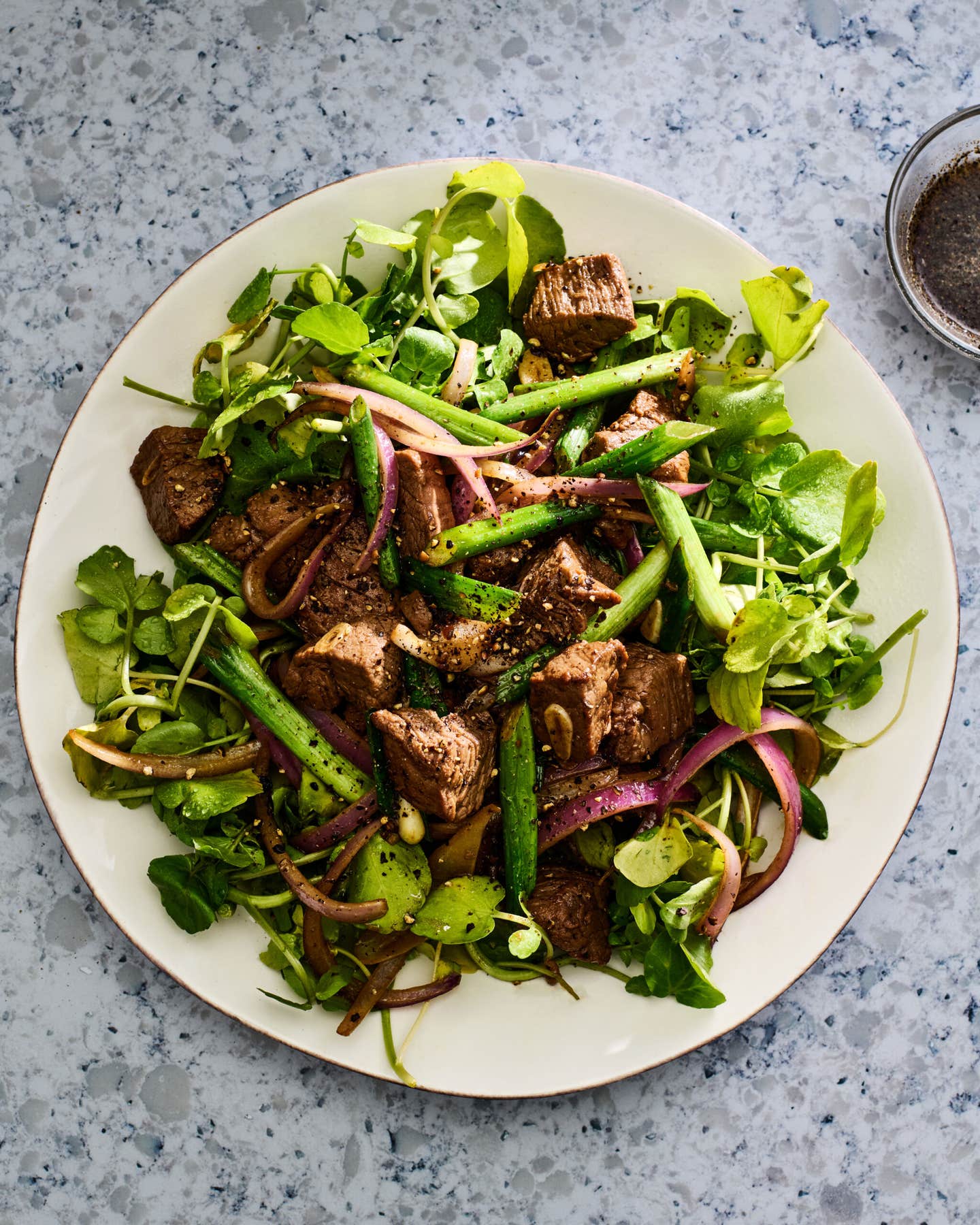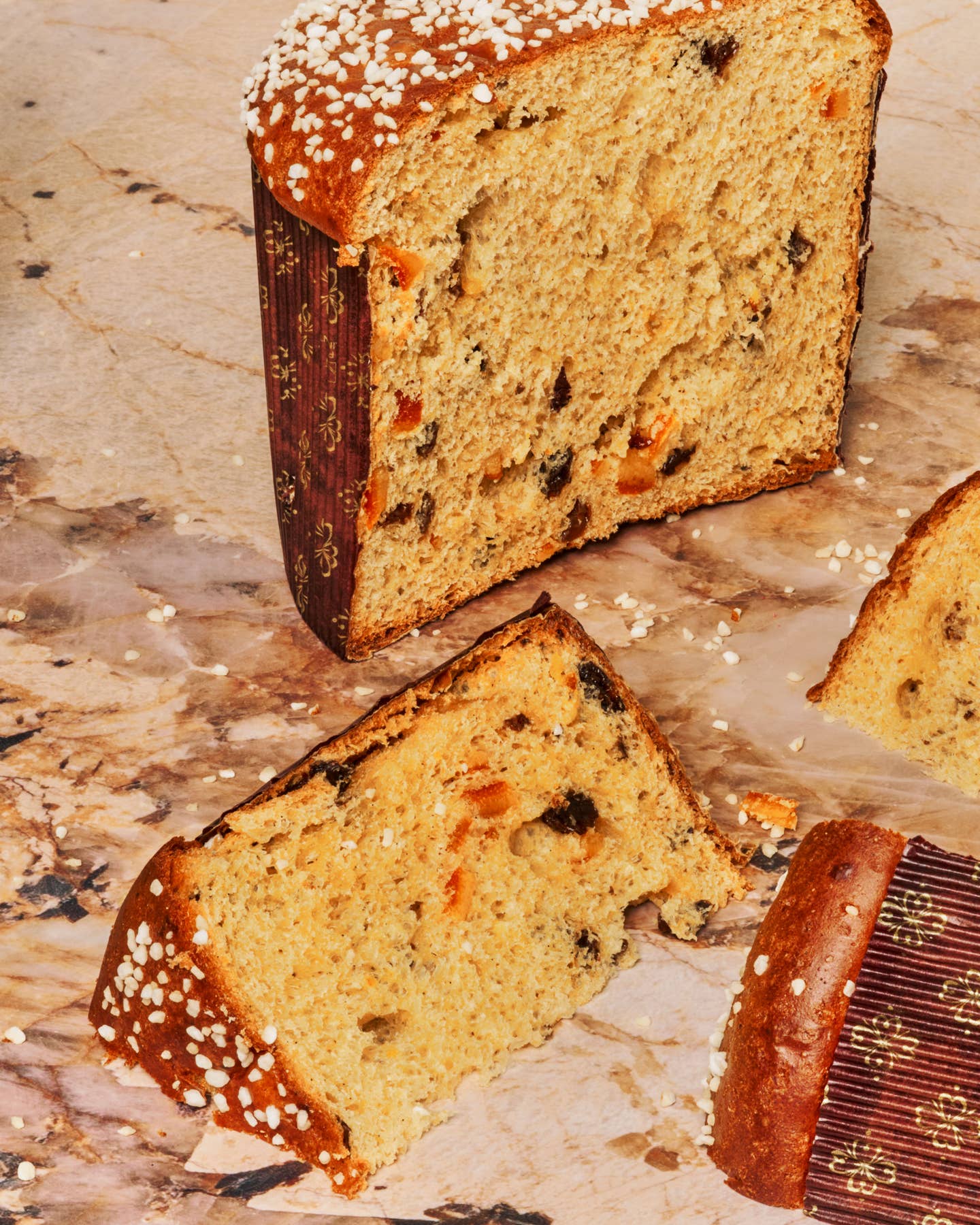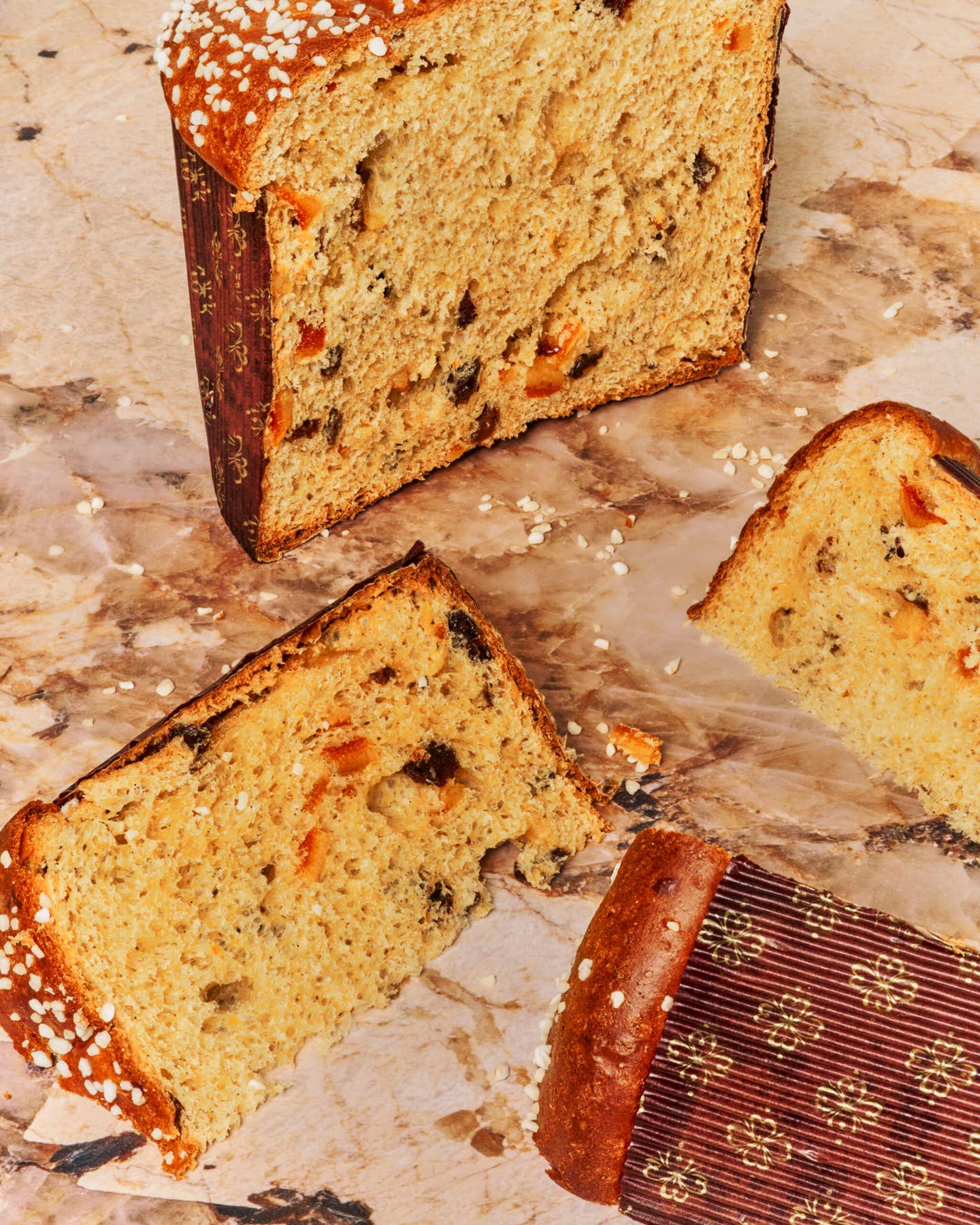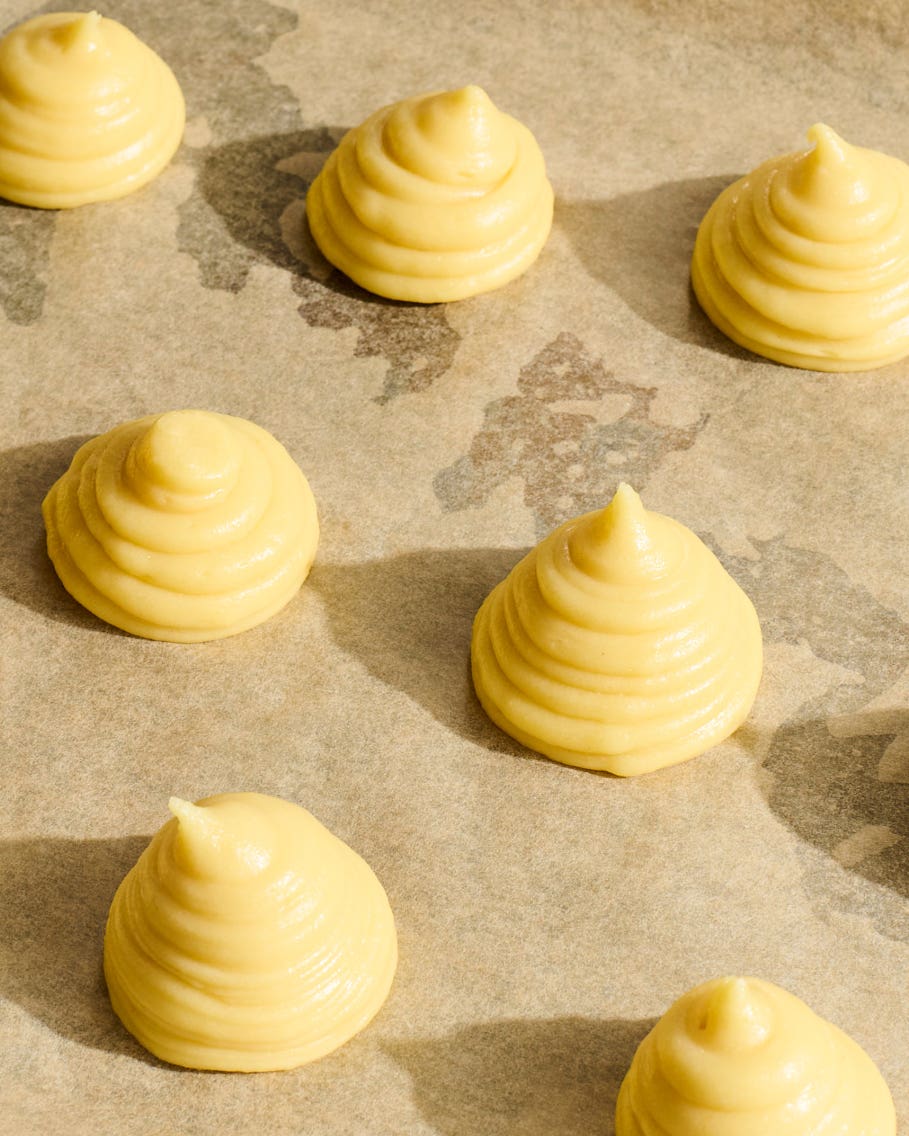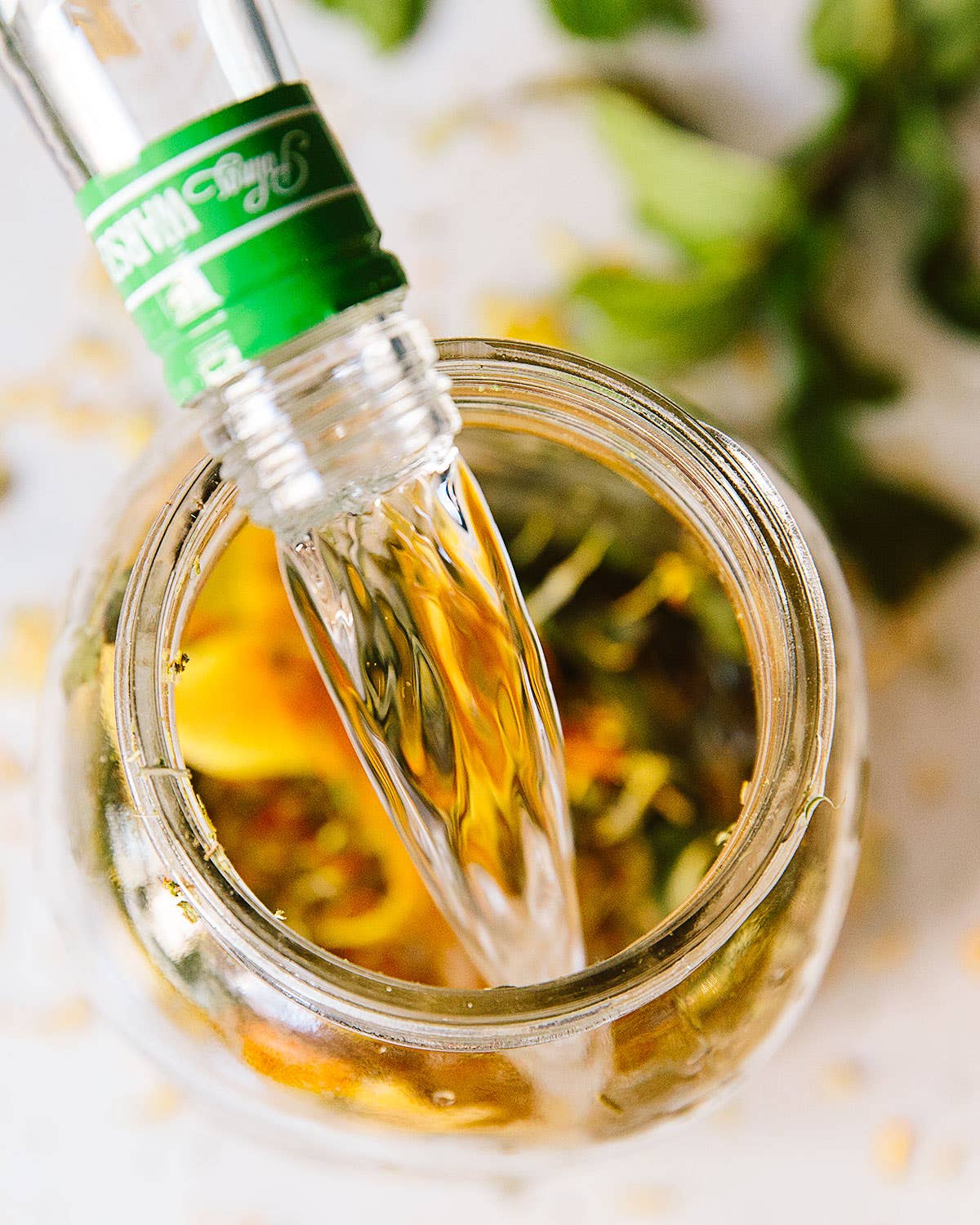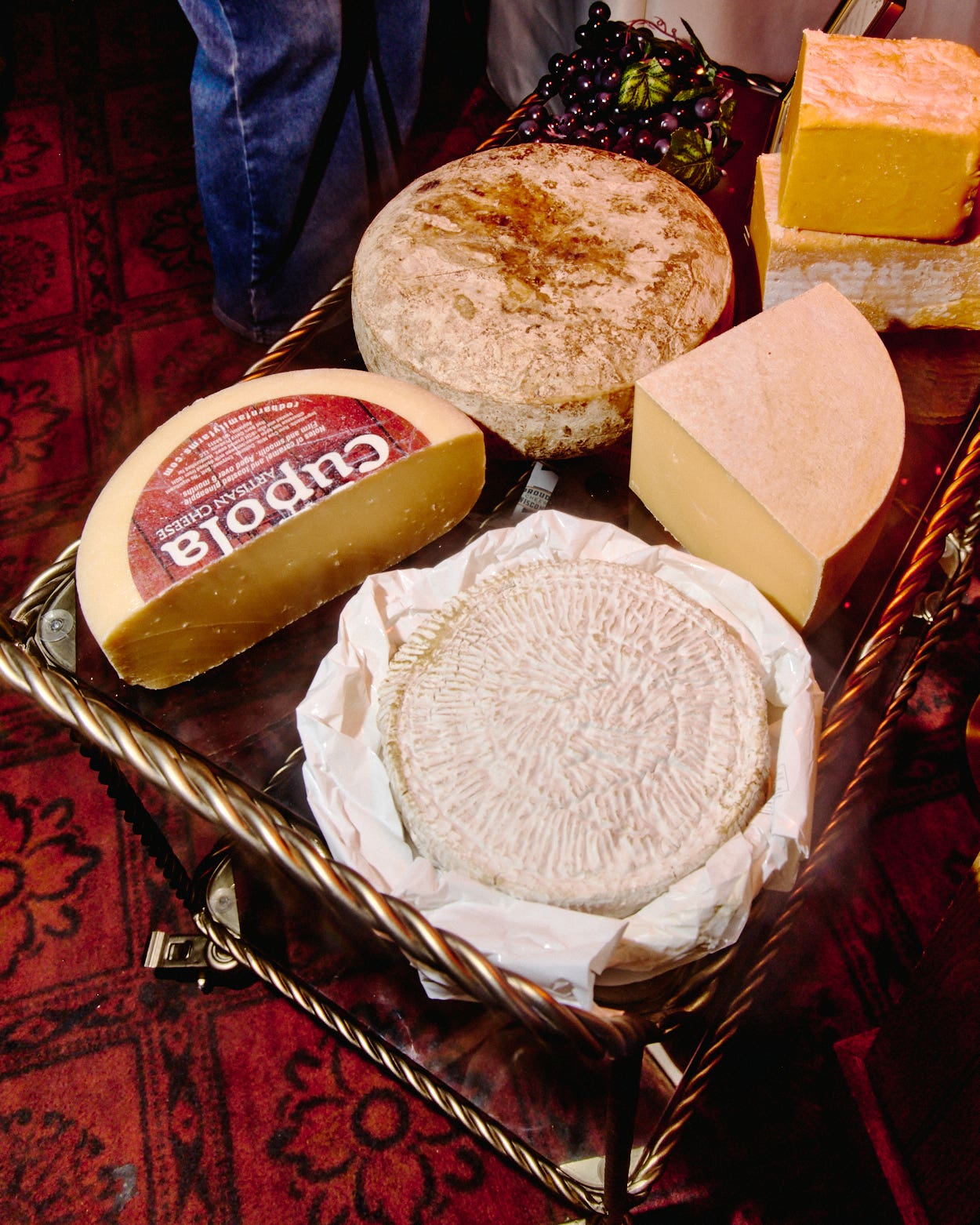
Flaxseed Oil 101: Everything You Need to Know About Cooking With Flaxseed Oil
This oil has plenty of health benefits, but it’s not ideal for all cooking
Flaxseed oil may still be one of the least common oils used in the kitchen, but cooking with the stuff definitely has its share of benefits. Sometimes referred to as linseed oil, flaxseed oil is extracted from the dried seeds of the flax plant, often by cold-pressing then when ripe. The label "virgin" on bottles of flaxseed oil implies that the oil was extracted by mechanical means only, without the use of any chemical solvents. Refined flaxseed oil implies the opposite.
Flaxseed oil is full of nutrients such as potassium and Omega-6 and Omega-3 fatty acids, the latter of which has been reported to improve heart health, reduce inflammation, and lower the risk of certain types of cancer. Other proven benefits of flaxseed oil include lowering cholesterol, boosting digestive health, and reducing acne and the severity of breakouts.
Typically, the oil is golden-yellow in color and tends to have a lower smoke point than other cooking fats, roughly 225°F, which doesn’t make it the best bet for high-heat cooking or roasting. Not only can it lose some of its crisp, nutty flavor when cooked at high heats, but it can burn and become bitter and less appealing. Consuming flaxseed oil raw (i.e. before it’s been exposed to heat) is the best bet. It can be used for low-heat cooking, and as a rich addition to salad dressings or sauces. Fun fact: It is also the main component in a relatively new process of seasoning cast iron pans and skillets, since it belongs to a group of “drying” oils that form protective barriers on hard surfaces.
While you maybe shouldn't use flaxseed oil for your next stir-fry, it is also great for making sweet dessert toppings, like the syrup in these Flaxseed Caramels. It adds a pleasant nutty flavor to this classic East German potato dish, Pellkartoffeln Mit Leinöl (Boiled Potatoes with Quark and Flaxseed Oil) when mixed with chives and oil.
Get Your Flaxseed Oil
Here are some brands and styles we like:
International Collection's virgin oil
Crudigno Organic Flax Seed Oil 250ml
Barlean's, Organic Lignan Flax Oil
Keep Reading
Continue to Next Story
